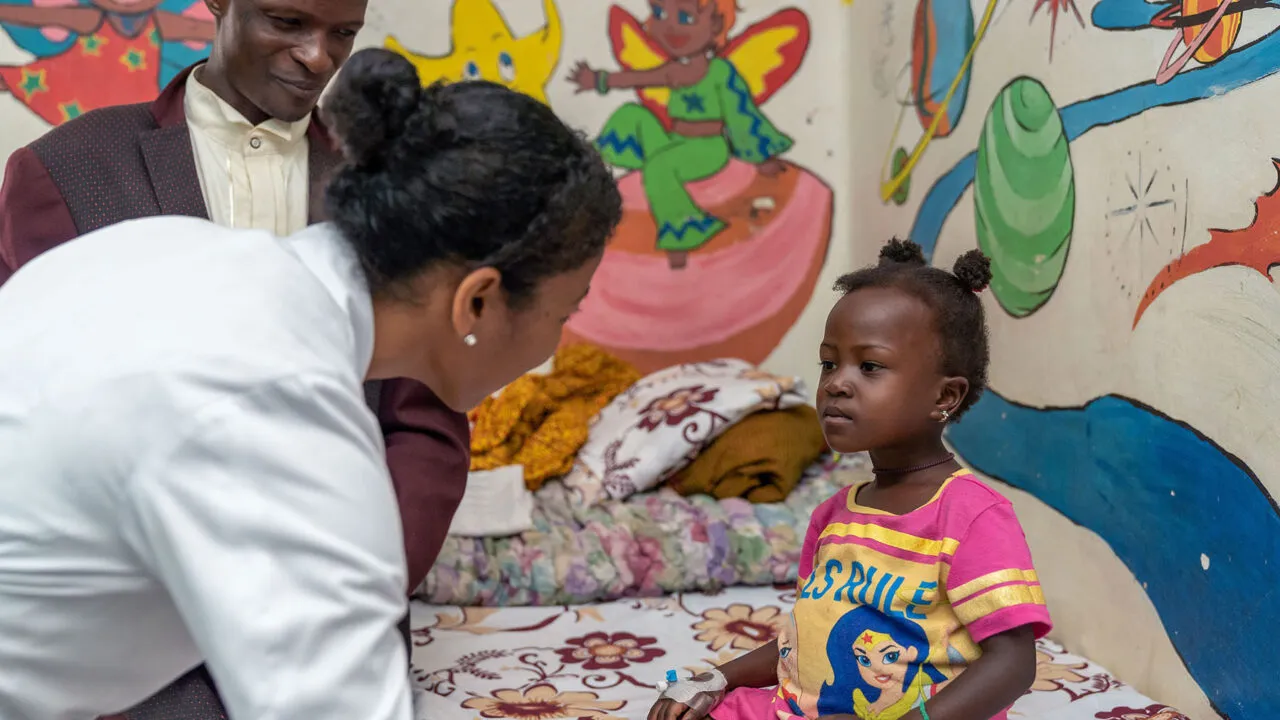Childhood cancers in Uganda have a significant impact on health, economics, and society. High mortality rates are driven by delayed diagnoses, limited access to specialized care, and inadequate treatment facilities, particularly in rural areas. The healthcare system struggles with a shortage of pediatric oncologists and essential medications, leading to lower survival rates compared to high-income countries.
Families of children with cancer face severe financial burdens due to treatment costs and loss of income, as parents often need to stop working to care for their sick children. This economic strain is compounded by the country’s widespread poverty. Socially, the diagnosis of cancer leads to emotional distress, stigma, and disruptions in education for affected children.
The healthcare system is under-resourced, with a need for better infrastructure, training, and capacity-building in pediatric oncology. While international collaborations have provided some support, there is a need for more targeted national policies and resources to address childhood cancers comprehensively. This includes improving early diagnosis, access to treatment, and providing psychosocial support for patients and their families. Addressing these challenges is crucial for improving outcomes and reducing the overall impact of childhood cancers in Uganda.
